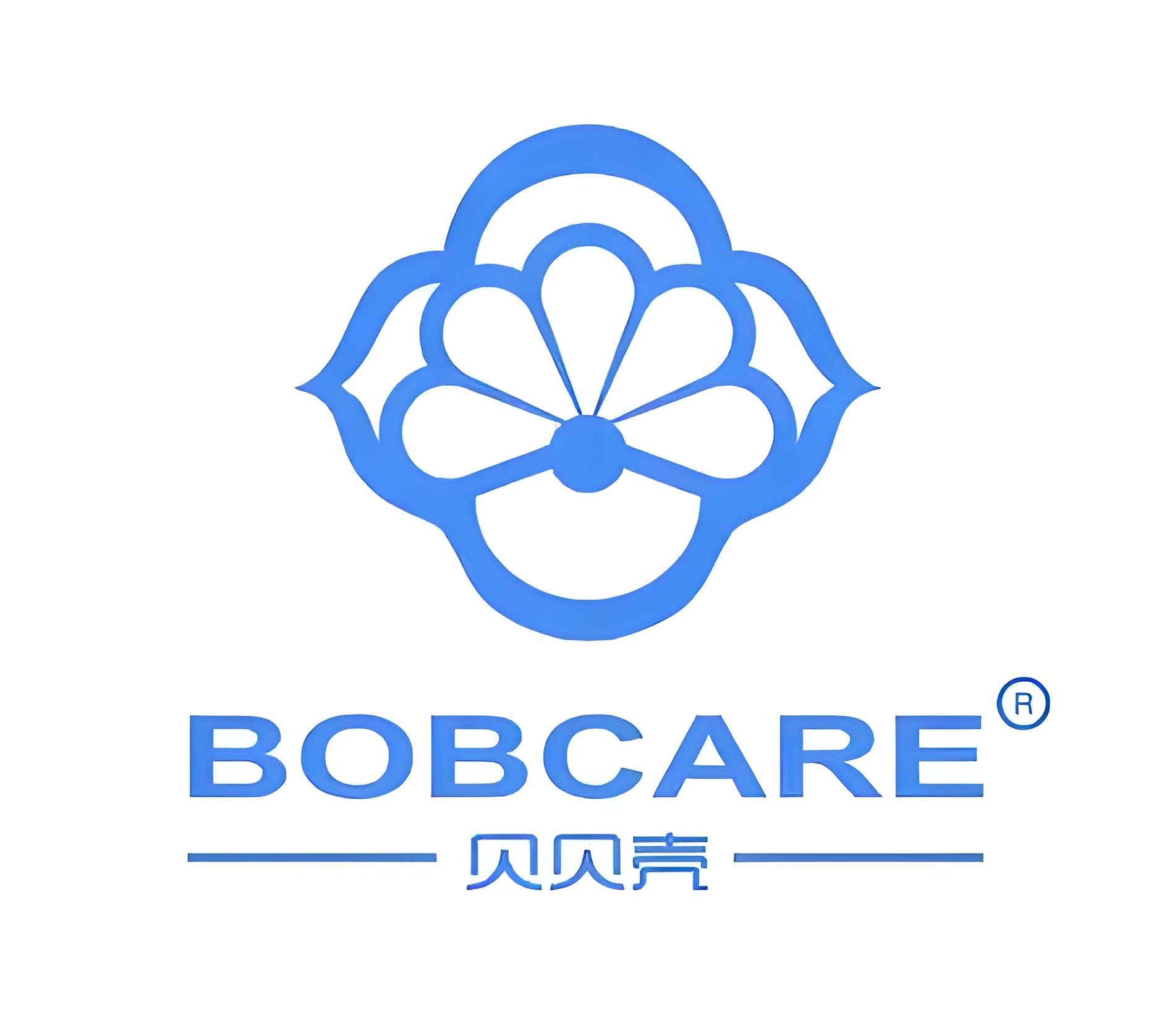Is it Okay to Choose the Gender for In Vitro Fertilization in the United States? The question of gender selection during in vitro fertilization (IVF) in the ……
Is it Okay to Choose the Gender for In Vitro Fertilization in the United States?
The question of gender selection during in vitro fertilization (IVF) in the United States is complex, sparking ethical, legal, and social debates. While the technology exists, its use is far from universally accepted.
Legal Status: There’s no federal law in the U.S. explicitly prohibiting gender selection for IVF. However, its legality and accessibility vary by state and depend on the reason for selection. Gender selection for non-medical reasons (e.g., family balancing or fulfilling a preference) is generally permitted but often faces stricter regulations and ethical scrutiny than medically necessary sex selection. Medically necessary selection, such as preventing sex-linked genetic disorders, is more widely accepted and less restricted.
Ethical Considerations: The ethical implications are significant. Critics argue that gender selection for non-medical reasons reinforces gender stereotypes, potentially devaluing one sex over another. Concerns also exist about the potential for societal imbalances resulting from widespread sex selection practices. Further, some argue that it constitutes a form of eugenics, interfering with the natural process of procreation. Proponents, however, often emphasize reproductive autonomy and the right of parents to make decisions about their families.
Medical Considerations: While the technology is relatively safe, IVF itself carries risks. Furthermore, the procedures used for gender selection, such as preimplantation genetic diagnosis (PGD), add complexity and expense. The focus on gender selection can sometimes overshadow other important health considerations related to embryo viability and potential genetic abnormalities.
Social Impact: The societal impact of widespread gender selection remains a matter of ongoing debate and research. Potential consequences include skewed sex ratios in certain populations, increased societal pressure on individuals to conform to gender expectations, and potential discrimination based on gender.
In Conclusion: The permissibility of gender selection during IVF in the U.S. rests in a gray area. While not explicitly banned federally, its ethical implications and varying state regulations make it a contentious issue. The practice is generally accepted when medically necessary to prevent serious sex-linked diseases but faces stronger ethical and social objections when driven by non-medical preferences. A balanced approach is needed, acknowledging both reproductive rights and the potential societal consequences of widespread gender selection. The decision to pursue gender selection through IVF should involve careful consideration of the ethical, legal, and personal implications.


 微信扫一扫
微信扫一扫 






还没有评论呢,快来抢沙发~